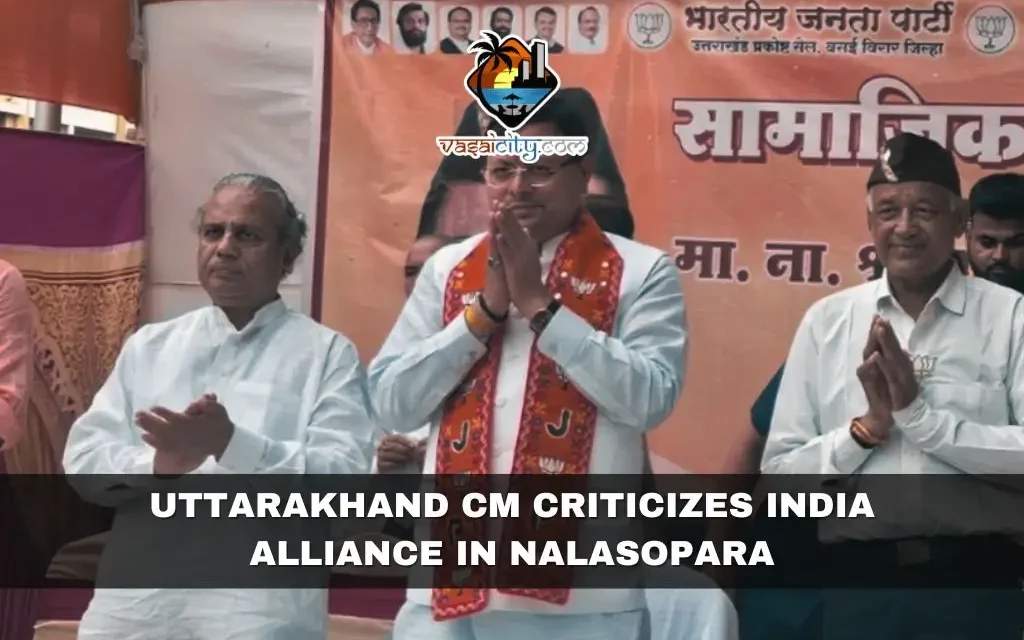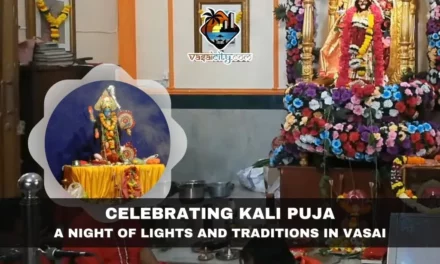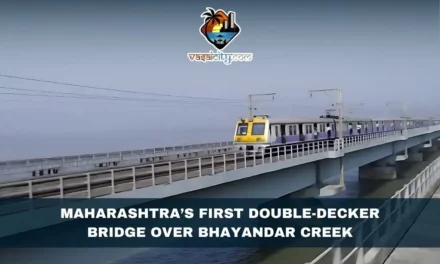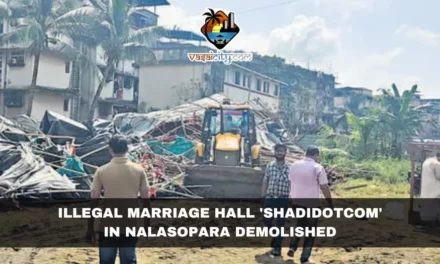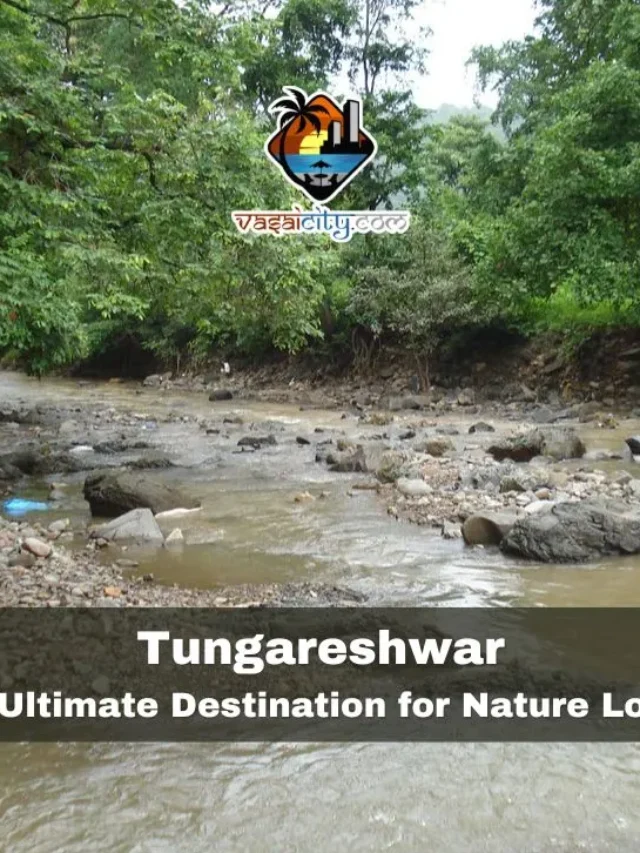In the bustling town of Nalasopara, nestled within the Mumbai Metropolitan Region, a significant political gathering unfolded as Pushkar Singh Dhami, the Chief Minister of Uttarakhand, took the stage to voice his strong criticisms against the India Alliance, accusing them of fostering divisiveness and backing extremist elements in Mumbai. The event, aimed at rallying support for the Mahayuti alliance candidate Dr. Hemant Savara in the upcoming Palghar Lok Sabha elections, drew a large crowd, reflecting the political fervor that has gripped the area.
The assembly was specially organized to engage with the Uttarakhand community residing in Nalasopara, reflecting a strategic outreach by Dhami to connect with diaspora voters from his state. During his address, Dhami lambasted the India Alliance, claiming their actions threatened national integrity and stability. He accused the Congress, a major party within the alliance, of supporting terrorists, a charge that has historically ignited fierce debates in Indian politics.
Dhami highlighted the progress made under the Modi government, pointing out that India had advanced significantly on various fronts since the Bharatiya Janata Party (BJP) took power. He underscored the development initiatives in Uttarakhand itself, proudly mentioning ongoing projects like the Rishikesh to Karnaprayag train line, which promises to enhance connectivity and boost local economies. The chief minister also celebrated the influx of pilgrims to the Char Dham—a set of four pilgrimage sites in Uttarakhand—which he saw as a testament to the state’s growing appeal under his administration.
Another focal point of Dhami’s speech was the burgeoning film industry in Uttarakhand. He invited Mumbai’s filmmakers to shoot their films in the scenic locales of his state, proudly stating that over two hundred movies were currently being filmed there, significantly benefiting the local employment scenario. This initiative not only aimed to bolster Uttarakhand’s economy but also strategically positioned the state as a desirable destination for cultural tourism and entertainment.
Dhami did not miss the opportunity to acknowledge the cultural contributions of the Uttarakhand community in Mumbai. He commended the women in the audience who donned traditional attire, such as the ‘Pahadi Nathuli’ and ‘Gulbandh’, which are emblematic of their heritage. This gesture resonated with the crowd, many of whom were migrants, reinforcing their cultural pride and connection to their roots.
As the assembly drew to a close, Dhami made a passionate plea to the attendees, urging them to support Dr. Hemant Savara, the Mahayuti candidate. He linked Savra’s victory to the continued leadership of Narendra Modi, whom he depicted as essential for the nation’s progress. The chief minister’s call to action was clear: a vote for Savra was a vote for Modi’s vision of a robust and prosperous India.
The rally in Nalasopara is a glimpse into the complex tapestry of Indian politics, where local and national issues intermingle, and leaders from far-flung states campaign in bustling metropolises to drum up support. Dhami’s visit highlights the strategic importance of the Indian diaspora in electoral politics, underscoring how regional leaders play a pivotal role in national political campaigns. His criticisms of the India Alliance and his commendation of the Modi government’s policies reflect the polarized nature of current political discourse, which often centers on issues of national integrity, development, and cultural identity.
As India gears up for more electoral battles, such events are a reminder of the ongoing struggles within its democratic framework, where every vote is fought for, every community’s allegiance is sought after, and every leader must articulate a vision that resonates both locally and nationally. The rally in Nalasopara was not just about securing votes for an election; it was about affirming ideological stances, rallying communal support, and envisioning the future trajectory of the nation under competing political ideologies.

